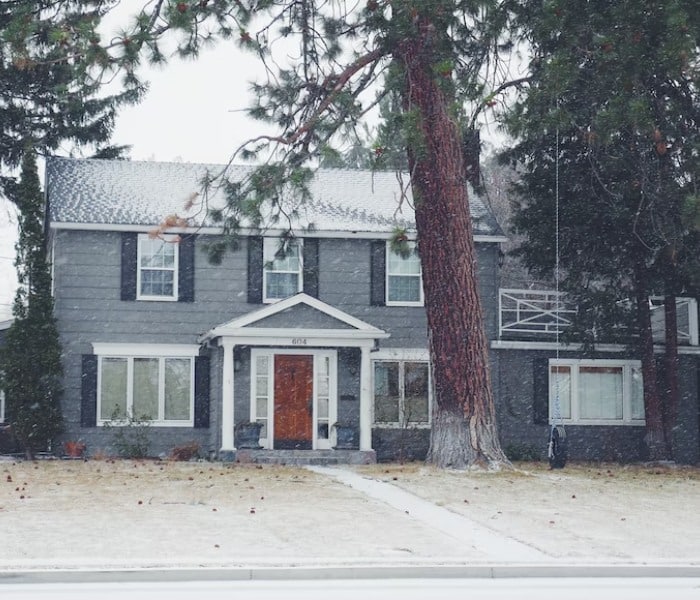The recent cold, snowy weather and storms has brought frigid temperatures to areas of the United States that are not accustomed to freezing weather. As a result, homes and properties are at risk of damage due to rapid temperature swings, warns real estate properties foundation services experts. According to the Insurance Information Institute, one in 60 homeowners file claims related to water damage or freezing each year, accounting for almost 20% of all insurance claims in 2020, with an average cost of over $10,000 per claim.
To learn more about how the cold weather can impact a home’s foundation and what signs to look for, according to the people who know about these problems and complications. They explained that brutal cold can damage a home in several ways, depending on the type of foundation. For homes with a crawl space, frozen pipes can cause extensive damage, and for homes with a basement or slab foundation, concrete can break and crack due to water expansion when it freezes. This is your family’s home, and your life-long real estate investment: always keep an eye on this, even if you live in zones where it is not usual to have snow.
Protecting Your Real Estate Property From Harmful Weather – Watch Out for Snow Storms
Inward basement wall movement can also occur due to the weight of the soil, the weight of water in the soil, and frozen ground. Homeowners should look for signs of damage, such as cold floors, faucets that are no longer working, and cracks both inside and outside the home. It’s best to have a foundation specialist inspect any cracks as soon as possible, as foundation damage can lead to costly secondary situations.

Homeowners should also take steps to prevent frozen pipes by sealing out any outside air through encapsulation, insulating pipes, allowing for a constant drip, and opening cabinets to allow for warm air circulation. Sealing the rim joist where pipes enter and exit the home and moving warm air throughout the home can help winterize homes with basements. Additionally, all homeowners should check for plumbing leaks and improve energy efficiency before sub-zero temperatures and blustery winter weather hits.
Taking Care of Your Real Estate Property Is a Work for Experts – Don’t DIY It!
It’s fundamental to note that foundation work is not a craft work, or a do-it-yourself project. It’s better to give it to the professionals. Homeowners should choose a company with the knowledge and tools to solve their specific foundation problems, offer long-term warranties, and have a history of working with the specific soil and climate in their area.
Frozen pipes is one of the most common situations in freezing-cold weather. When the temperature drops below freezing, water in the pipes can freeze and expand, causing them to burst. This can result in significant property damage, as well as high repair costs. Additionally, a burst pipe can result in a lack of running water, making it difficult to cook, clean, and even flush the toilet. Another risk of winter storms is roof damage. Heavy snow and ice can accumulate on a roof, causing it to sag or even collapse. This can result in property damage, personal injury, and even fatalities. Homeowners should ensure that their roofs are sturdy enough to withstand heavy snow and ice, and they should clear any accumulation promptly.
Furthermore, winter blizzards can lead to power outages, leaving homeowners without heat and electricity for extended periods. This can be dangerous, especially for those with young children or elderly family members. It is important to have alternative sources of heat and light available, such as a generator or fireplace, and to have a plan in place in case of an extended power outage.
By taking the necessary precautions and being vigilant for signs of damage, homeowners can help protect their homes and properties from the potential hazards of winter weather.